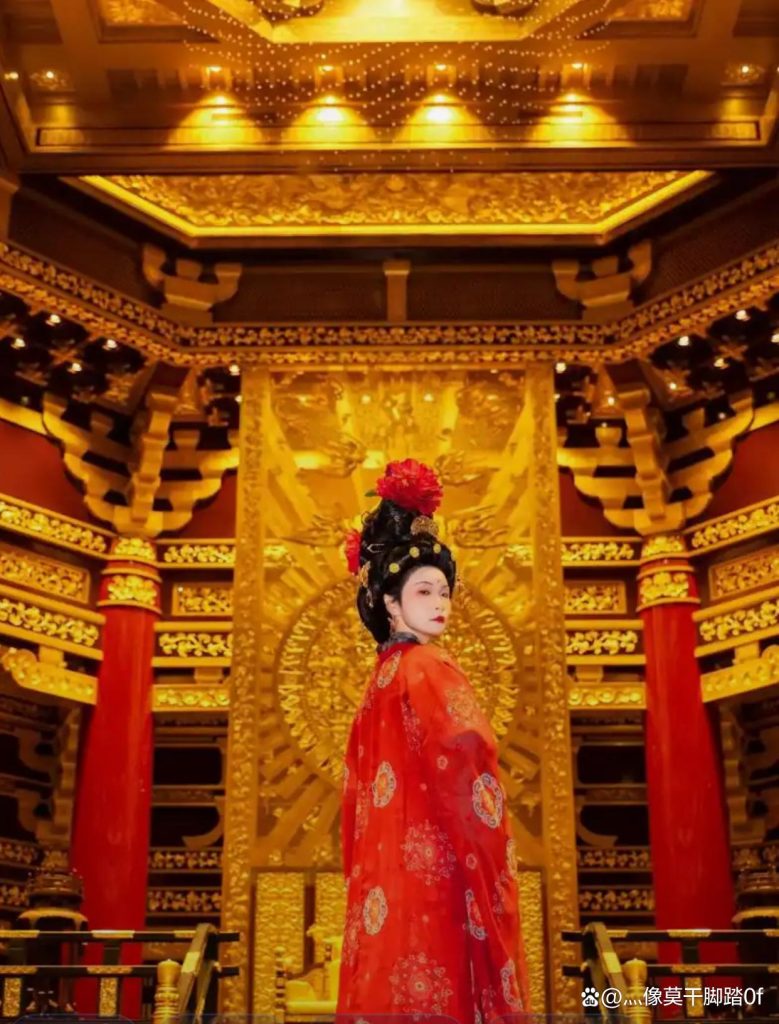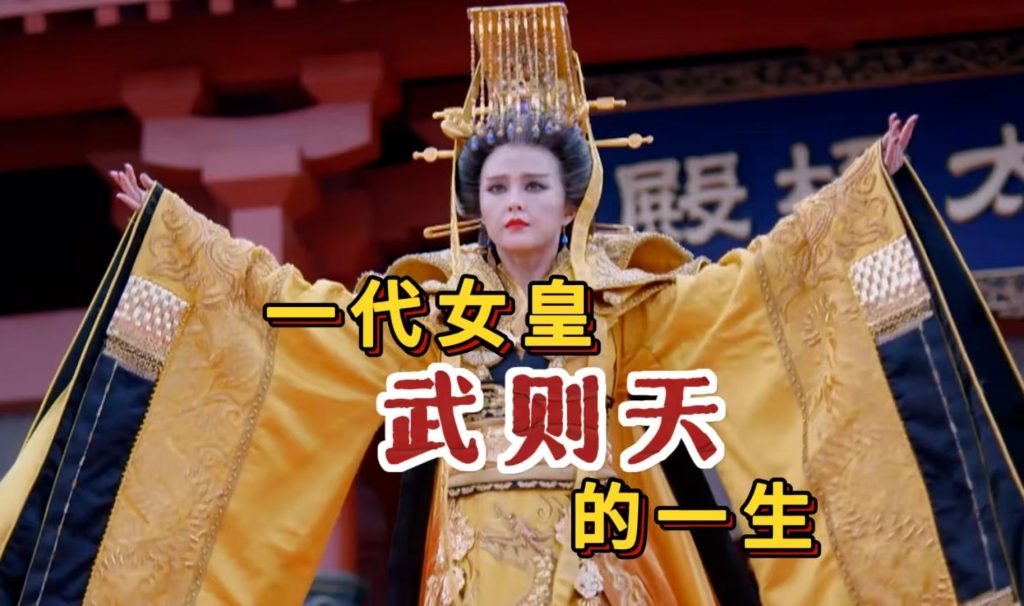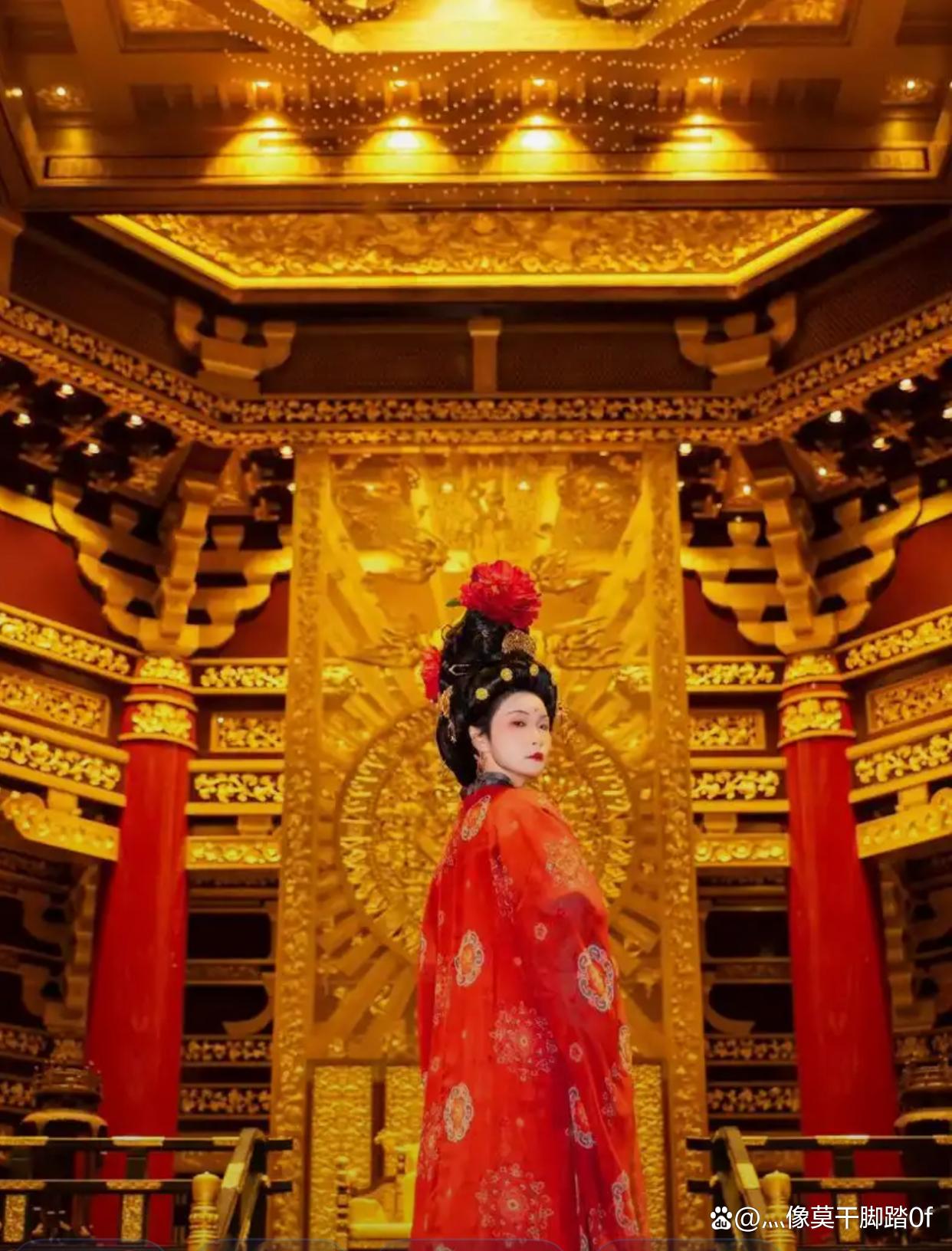The Poet Immortal Li Bai and the Poet Saint Du Fu were both great poets who lived during the Tang Dynasty. Their poems are very famous in later generations, as can be seen from the fact that everyone can recite their poems. In history, these two people can also be considered good friends, especially Du Fu, who was really infatuated with Li Bai. However, when we read their poems, we find that Li Bai seems to have always been ambitious and adventurous, while Du Fu is completely different, always worrying about the country and the people before aging. So, what exactly caused such a difference?

In fact, the poet Li Bai did not always travel around the mountains and rivers without lacking money, and the poor and destitute poet Du Fu in his impression was not always so poor. Let’s first take a look at Li Bai’s financial situation. Although he often traveled around and praised the country’s beautiful rivers and mountains in his poetry, in his later years, Li Bai did indeed have times of poverty and hardship.
For example, he was once exiled due to being involved in the “Eternal King Case”, but fortunately he was pardoned halfway through. But life became a difficult problem and he could only wander to Dangtu, relying on the county magistrate Li Yangbing until his death at the age of 61. His lifelong collection of poems, thanks to Li Yangbing’s generous donation, has been able to be passed down.
However, more often than not, Li Bai did lead a carefree life of ‘not lacking in money’. During the prosperous Tang Dynasty when the world was peaceful, this great poet had many ways to earn money. The simplest and most crude form is the reward from the Tang Dynasty court.

He once served as a “tribute to the Hanlin” of the Tang Dynasty, wrote a series of classic poems, and made Emperor Xuanzong and Yang Guifei feel happy. However, he reluctantly blamed the eunuch Gao Lishi and was eventually excluded. But Emperor Xuanzong of Tang, who was reluctant to part with Li Bai, still gave him gold and returned it.
The imperial “bestowing gold” of the Tang Dynasty was usually famous and generous, so many of Li Bai’s heroic poems were written after this “take the money and leave”.
Moreover, Li Bai himself was also a very business minded person. During his time of wandering around mountains and rivers, he also carried his hands to do business. During the Kaiyuan period, he engaged in the business of reselling copper and lead in Nanling, which was a lucrative industry at the time and also very difficult. However, Li Bai did it with great charm. I don’t believe it. Listen to his poem: ‘I love the music of bronze officials, but I haven’t planned to return it for a thousand years.’. You need to ask Wu Xiu, the Buddha has reached the Five Pine Mountains.
In addition, Li Bai’s early family conditions were also good, and he brought a lot of money when he went out. That’s why there is the heroic spirit of “over 300000 yuan in scattered gold” in the “History of Pei Chang in Shang’an Prefecture”. His two wives, one was the granddaughter of Prime Minister Xu Guishi during the reign of Emperor Gaozong of Tang, and the other was the granddaughter of Prime Minister Zong Chuke during the same period. They were both wealthy and naturally had money to support him.
Even if business doesn’t go smoothly and money is lost, it’s nothing. He has admirers all over the country and people treat him wherever he goes. Even if he was later convicted and exiled, before his exile, many worshippers lined up to invite him to drink, and the scene was very lively. During the prosperous Tang Dynasty, he really didn’t lack money.
Compared to Li Bai, who was not short of money, Du Fu, who was equally famous as him, often looked like he was from a poor family in the eyes of many later generations. However, in fact, Du Fu came from an authentic official family with good economic conditions. During his travels to Chang’an during the prosperous Tang Dynasty, although Du Fu’s poetry and prose were not yet well-known and his career was not successful, he always received support from his family. That’s why I had spare money to accompany Li Bai on mountain and water trips, forming a deep friendship.
During the An Lushan Rebellion, although Du Fu suffered a lot and witnessed many wars with his own eyes, he also served as a left hand scavenger in the court of Emperor Suzong of Tang. Later, he fled to Shu and became a staff officer of the shogunate under the guidance of the military governor Yan Wu, which was equivalent to being an official all along.
In addition, Governor Bai Maolin of Kuizhou also helped Du Fu buy 40 acres of citrus orchards, and gave him an additional 2000 acres of mountain forests, which is a significant industry. During that period, it was also an era of explosive creativity for Du Fu. During my three years living in Kuizhou, I wrote over 400 poems in one breath.
However, the wars since the mid Tang Dynasty still disrupted Du Fu’s peaceful life. In his later years, Du Fu left Kuizhou and encountered floods and famine on the way. He eventually died in 770 on a small boat from Tanzhou to Yueyang.
Speaking of which, these two greatest poets of the Tang Dynasty were both witnesses to the rise and fall of the Tang Dynasty. The ups and downs of life are truly poignant.


